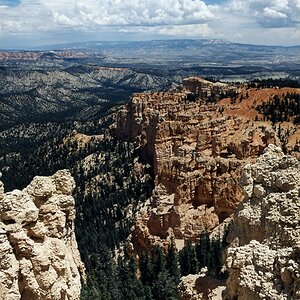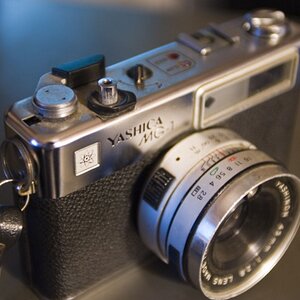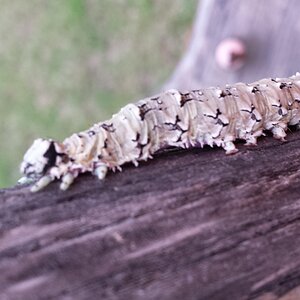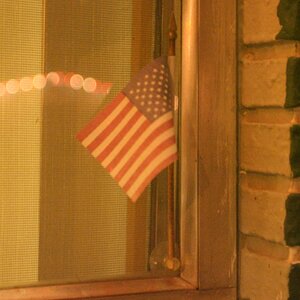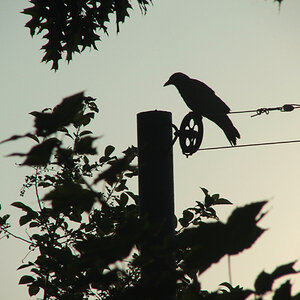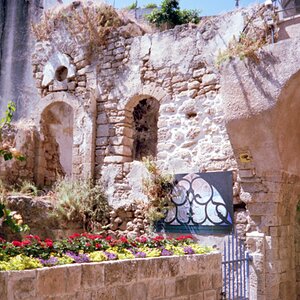andytakeone
TPF Noob!
- Joined
- Jun 10, 2015
- Messages
- 42
- Reaction score
- 6
- Can others edit my Photos
- Photos OK to edit
If your light meter says to expose for f/4, does that mean you should set your aperture to whatever the equivalent of t/4 would be? (Lets say your t-stop is f/.5 behind your f-stop, thus you'd set your aperture to f/3.5 to get a "true" f/4 aperture.)
And also, is your camera's meter reading the light accurate to the t/stop value of your lens? Or does it mean you should always overexpose compared to your camera's meter considering nearly all lenses lose some light.
Thanks!
And also, is your camera's meter reading the light accurate to the t/stop value of your lens? Or does it mean you should always overexpose compared to your camera's meter considering nearly all lenses lose some light.
Thanks!


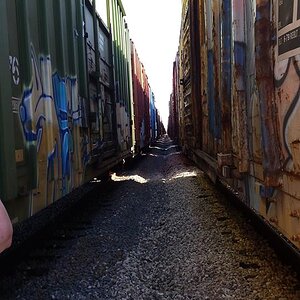

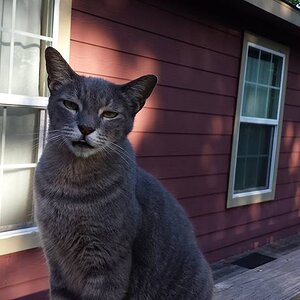
![[No title]](/data/xfmg/thumbnail/32/32164-d68fa2de02f9bef524bbd68aac2f12e4.jpg?1619735234)
